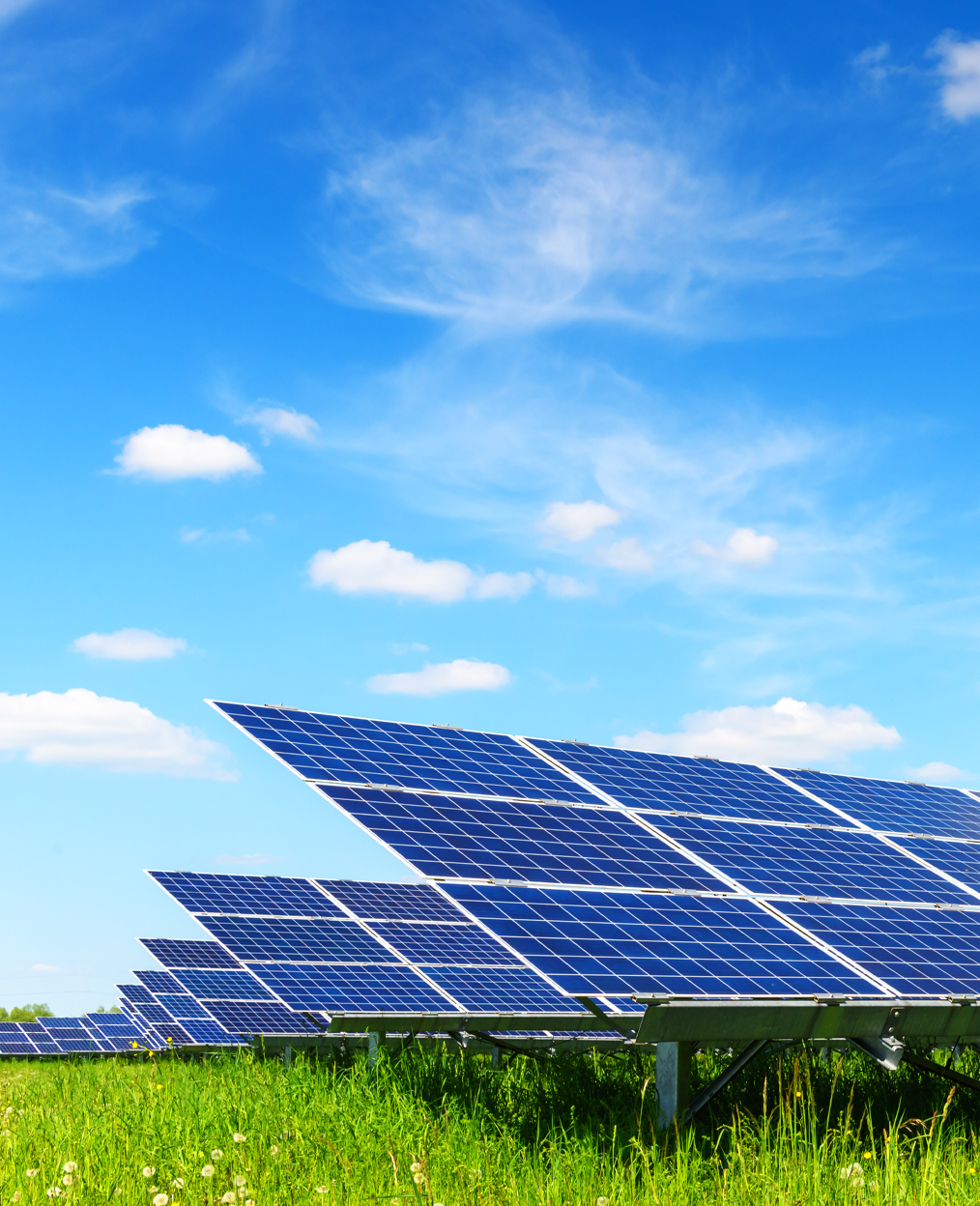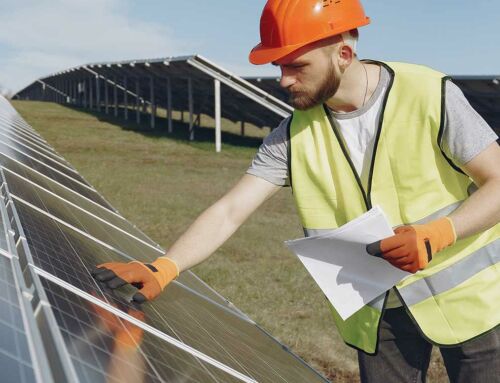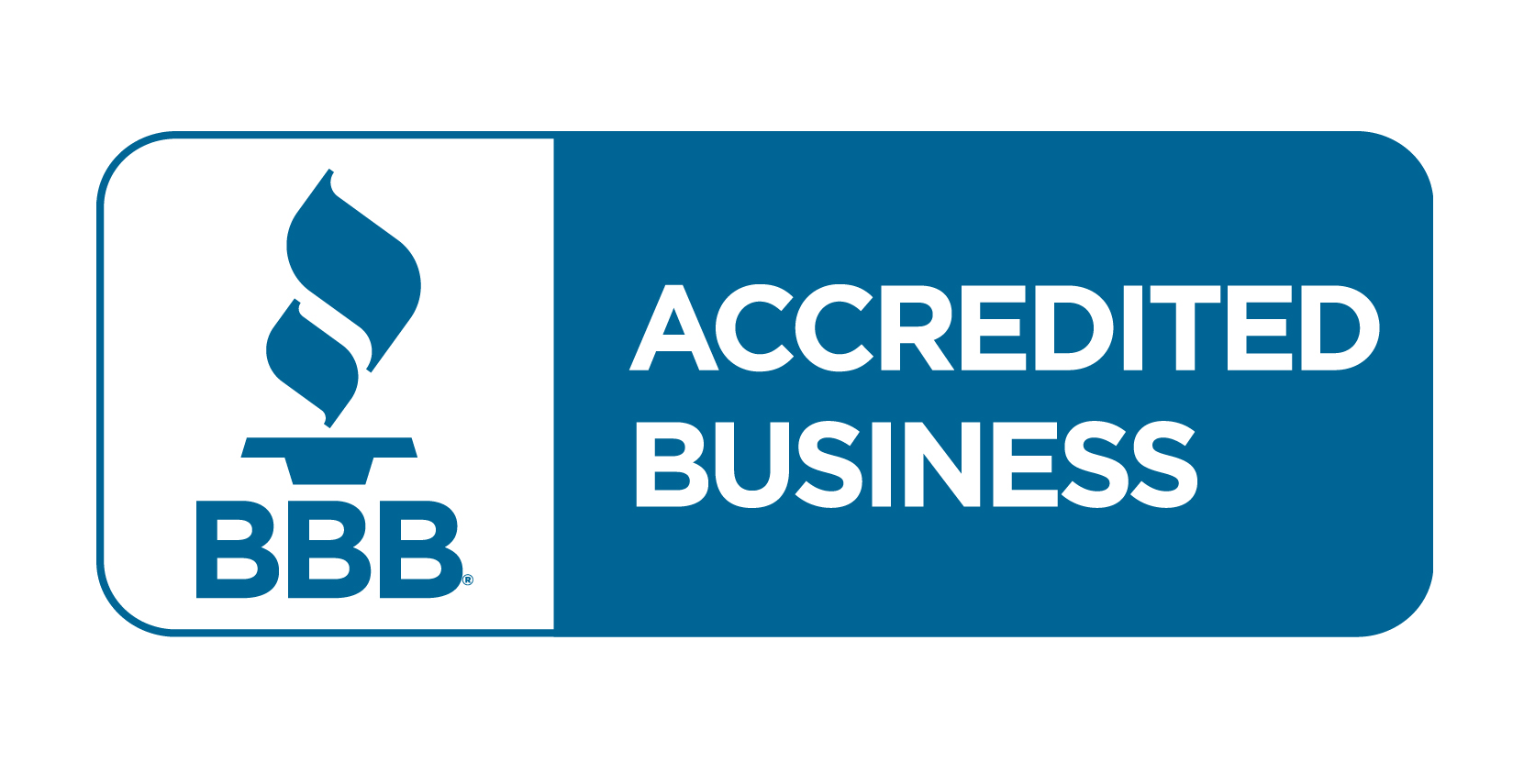The Pros and Cons Of Renewable Energy

Advantages of Renewable Energy:
- Sustainability: Renewable energy sources, such as wind, solar, and hydropower, are sustainable and won’t run out, unlike fossil fuels.
- Lower Maintenance: Generally, renewable energy systems require less maintenance than traditional power sources.
- Cost Savings: Over time, the use of renewable energy can lead to significant savings in energy costs.
- Environmental Benefits: These energy sources significantly reduce greenhouse gas emissions, contributing to a smaller carbon footprint.
- Reduced Dependence on Imported Energy: Renewable energy promotes energy independence.
- Healthier Environment: They contribute to cleaner water and air by reducing pollution.
- Job Creation: The renewable energy sector is rapidly growing, creating new job opportunities.
- Waste Reduction: Certain renewable technologies, like biomass, can help in managing waste effectively.
Disadvantages of Renewable Energy:
- High Upfront Costs: The initial investment for renewable energy technologies is often higher than conventional energy sources.
- Intermittency: Some renewable sources, like solar and wind, are not always available (e.g., solar power at night).
- Storage Limitations: Storing renewable energy efficiently remains a challenge, particularly for large-scale use.
- Geographic Limitations: The effectiveness of renewable energy sources can vary greatly depending on geographic location.
- Not Completely Carbon-Free: While they significantly reduce emissions, some renewable energy processes still have a carbon footprint, mainly due to manufacturing and installation processes




